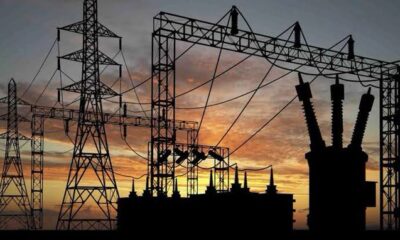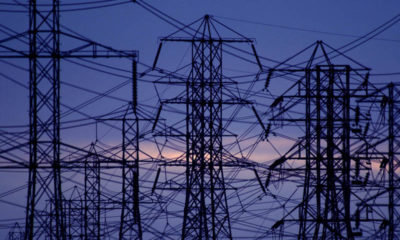The Federal Government finds itself embroiled in a fierce backlash following its decision to implement a 240% increase in electricity tariffs, particularly for Band A consumers.
Despite mounting opposition from various quarters, the government appears resolute in its stance, prompting concerns over the potential socio-economic ramifications of such a drastic policy shift.
The decision to hike electricity tariffs, especially for Band A consumers, who are deemed to have enjoyed relatively stable power supply has triggered outrage across the nation.
Under the new regime, these consumers, constituting approximately 15% of the national grid, are now subjected to a tariff surge from N68 per kilowatt-hour (kWh) to N225 per kWh.
This substantial increase places a significant financial burden on already-strained households and businesses, threatening to exacerbate the economic challenges faced by many Nigerians.
Power Minister Adebayo Adelabu defended the tariff surge, citing the unsustainable burden of subsidizing electricity as the primary rationale behind the government’s decision.
Adelabu explained that the government currently shoulders a substantial portion, approximately 67%, of power generation, transmission, and distribution expenses, totaling N2.9 trillion in 2024 alone.
He argued that redirecting these funds towards critical sectors such as education and healthcare is imperative for the nation’s long-term development.
However, the government’s justification has been met with fierce opposition from various quarters. The Nigeria Labour Congress (NLC) has condemned the tariff surge, labeling it as a betrayal of the interests of the Nigerian people.
Benson Upah, Head of Information for the NLC, lambasted the government for prioritizing the demands of international financial institutions over the welfare of its citizens.
The NLC has vowed to mobilize workers across the country in protest against what it deems as an unjust and exploitative policy.
Furthermore, the business community, particularly manufacturers, has expressed grave concerns over the tariff hike.
Many fear that the exorbitant electricity tariffs will deal a severe blow to already struggling industries, potentially leading to job losses and further economic downturn.
They argue that such a sharp increase in tariffs will only serve to stifle economic growth and deter investment in the manufacturing sector.
As the outcry against the electricity tariff surge intensifies, the Federal Government faces mounting pressure to reconsider its decision.
Calls for dialogue and consultation with stakeholders have grown louder, with many urging the government to prioritize the interests of the Nigerian people above all else.
The coming days are likely to see heightened tensions as citizens, labor unions, and businesses alike demand accountability and transparency in the government’s decision-making process.



 News4 weeks ago
News4 weeks ago


 Technology4 weeks ago
Technology4 weeks ago


 Business4 weeks ago
Business4 weeks ago
 Investment4 weeks ago
Investment4 weeks ago


 Banking Sector4 weeks ago
Banking Sector4 weeks ago
 Banking Sector4 weeks ago
Banking Sector4 weeks ago
 Investment4 weeks ago
Investment4 weeks ago
 Appointments4 weeks ago
Appointments4 weeks ago

















